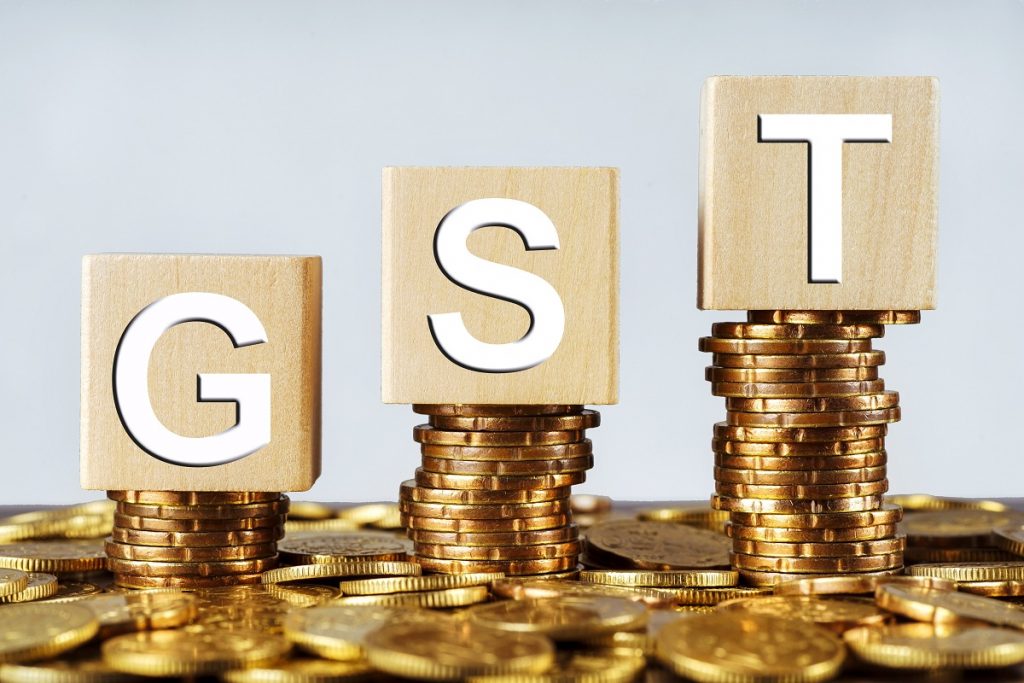New Delhi: The GST Council will meet for the first time this year May 28, through video conferencing.
The meeting coming in the backdrop of fresh and a more deadly Covid wave sweeping the country, is expected to announce a few Covid relief measures particularly in relation to duty relief on essential Coronavirus supplies and other compliance matters.
It may also announce few measures to correct the inverted duty while discuss the compensation cess dues arising in 2021-22 due to a possible shortfall in cess collections.
Two other important items including lowering of GST rates for two wheelers and bringing natural gas into the indirect tax fold may also be included in the agenda for discussion.
Sources said certain states like Punjab have sought GST duty cut on essential medical supplies meant for Covid treatment. The council may accordingly discuss some of the measures like reducing GST or exempting from duty Coronavirus related items like hand sanitisers, face masks, gloves, PPE Kits, temperature scanners, oximeters, certain Covid medicines and ventilators among others.
Goods and Services Tax (GST) on gloves, mask and other key COVID-19 medical supplies generally falls under the 12% and the 18% GST slabs. However the lowest rate of 5% is applicable to GST on PPE. While ambulance services is exempt from GST, procurement of ambulance vehicle attracts 28 per cent GST.
It is worth noting that the Centre has already exempted from customs duty and IGST, medical grade oxygen, PPE kits, oxygen concentrators, oxygen cannisters, filling systems, storage tanks, ventilators, compressors, along with other similar items. The duty exemption is expected to boost availability of these items as well as make them cheaper.
Now the ball is in GST Council’s court to decide if such medical items is being procured and supplied locally, whether the GST exemption or cuts should also be extended accordingly.
The GST Council has not met since October last year when the panel of finance ministers discussed GST compensation and the borrowing formula offered by the Centre towards compensating states for GST shortfall.
The 43rd meeting of the council is expected to again discuss the compensation issue for current year but sources said it may also take few steps to correct inverted duty structure without pursuing any increase in GST rates or move towards converging GST to three rate structure.
Sources also said that the council may at the next meeting also take up two other important items including lowering of GST rates for two wheelers and bringing natural gas into the indirect tax fold.
A top source in the finance ministry said that inverted duty correction, GST cut on two wheelers and inclusion of natural gas into GST fold are on the agenda and hopefully the council will offer some solution that is in the best interest of all stakeholders.
Correction of inverted duty structure, especially in sectors such as fertilizer, steel utensils, solar modules, tractors, tyres, electrical transformers, pharma, textile, fabric, railway locomotives among other goods is required.
Inverted duty refers to tax rates on inputs being higher than those levied on finished products. This results in higher input credit claims by goods besides several administrative and compliance issues.
Currently, while duty on imported tyre is 10 per cent its inputs ie rubber attracts 20 per cent duty. Similarly, solar modules do not attract any duty while its components attract 5-10 per cent duty.
Similarly, the council may also consider lowering of GST rate of 28 per cent on two wheelers to give a boost to its sales affected during the pandemic.
The Council has in principle agreed to include five petroleum products under GST but has so far deferred its actual inclusion into the indirect as states fear big loss of revenue. But now, the government is considering bringing natural gas under the Goods and Services Tax (GST) regime to begin with as it would be difficult to bring the entire oil and gas sector immediately under it.
IANS
